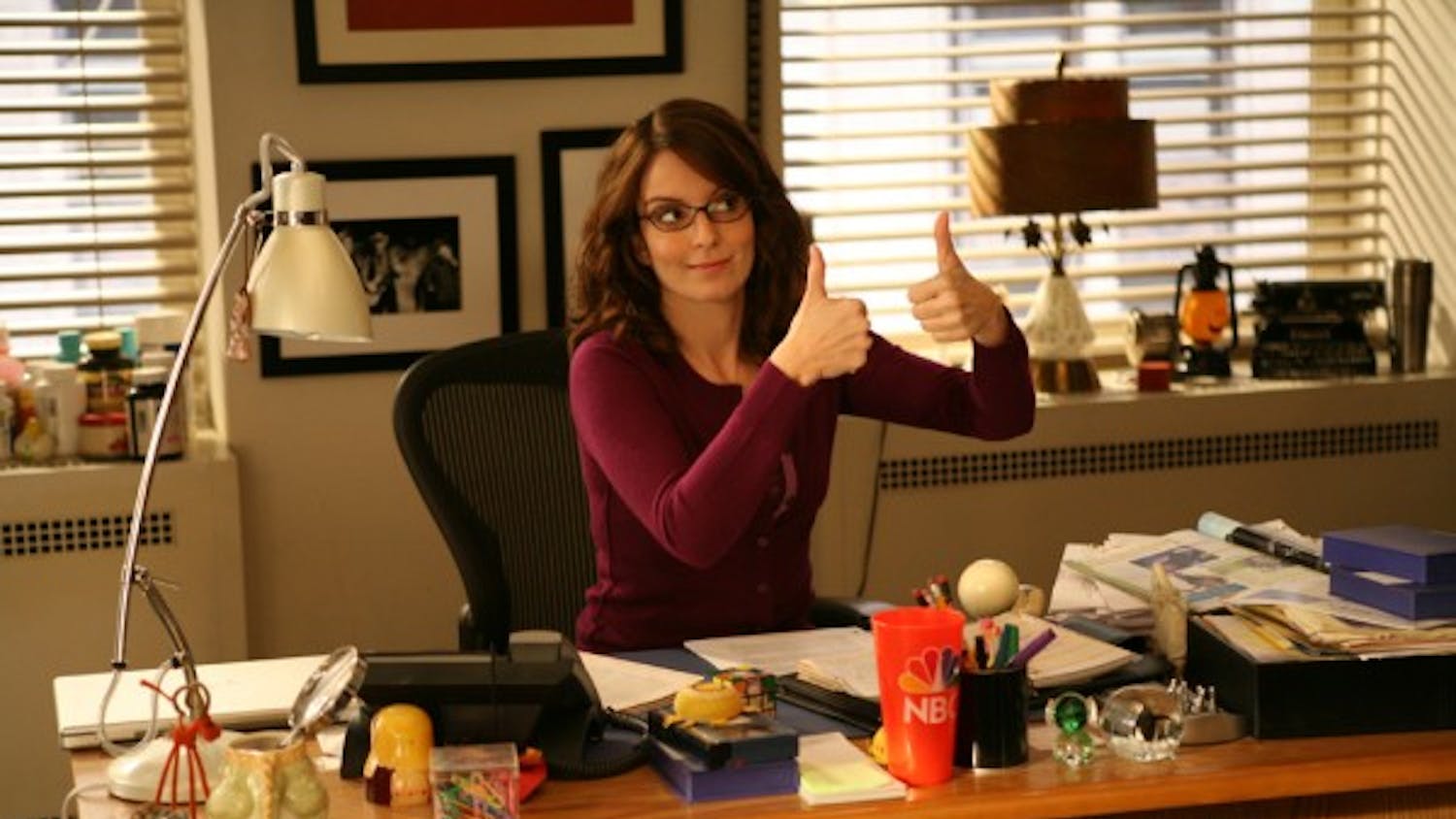Last year, school was a dark and gloomy part of my life. Why? Mainly because every week I was relentlessly subjected to some of the most gruesome material known to man in the form of ethers, carboxylic acids and alcohols during a hellish course called organic chemistry. This life wrecker of a class meant that I sat in the library constantly, attempting to make little squiggly lines react with other squiggly lines to create some other, more superior squiggly line. As it was, I was in need of a little help, in pill form, to generate the required mental processing power to do such things. The idea was that some chemical reaction in my brain would help me carry them out on paper. So I visited a friend and picked up a little red study-helper for the library that night.
Soon, I was racing through chemical equations and synthesizing organic compounds like it was my job. After I had conquered the textbook, I threw up my middle finger and shouted a few victorious profanities at it, to the dissatisfaction of all the others in quiet study. As I got home, fully ready to lounge, I saw it. The little red pill was still sitting on my kitchen counter, mocking me the way inanimate objects do. I stood there, stupefied, as my drug-free mind tried to process what had just happened, including the fact that I had just wasted five of my hard-earned George Washingtons.
This little experience really threw me for a loop, mainly because up until that point in my life, if someone were to tell me ""it's all in your mind,"" I would promptly tell them to go get bent. I needed answers, and fast. I had heard of the ""placebo effect"" before, but just assumed it was a term thrown around by doctors to describe people without the cranial capacity to know when they're on something. Now that idiot was me. So after a little research, I learned some interesting tidbits on the placebo effect, starting with its definition: The phenomenon that by believing or expecting something to happen, our minds will make happen. What the hell? The definition makes enough sense, and I could go on a long tangent about the religious implications it has, but that will have to be an article of its own. For now, I'll just keep the discussion within the realm of medicine… less controversial.
I wondered, why aren't there placebo dispensaries across America doling out success, happiness and a great sex life in pill form? Oh. Because it won't work if the person knows that it's a sham. Damn, so much for my plot to get rich quick. So, is that morning coffee really waking us up? For any smokers out there, is the nicotine in that ciggy really calming your nerves, or are you inhaling tar into your lungs just for kicks?
It's a pretty deep thought to ponder, to say the least. In fact, I would say to the ""other"" type of smokers out there that this would be a great idea to talk about with friends in between bong rips, though there's always a chance you might get to wondering if those sticky leaves were actually the reason you feel high and then freak out. If that happens, I'd say yes, they are.
Sure, drugs work, you don't need to be bent over the toilet after a night of binging on beer and cheap liquor to know that, but the concept of your mind making what you believe a reality is pretty cool, and it turns out that in the medical world, the placebo effect is quite the nuisance for drug companies.
Apparently placebos work for most medical conditions, especially when dealing with pain, anxiety, depression and as I can attest to, focus. You'll never hear one of those soothing voices on a cheesy commercial for depression say, ""Oh by the way, this drug only works 13 percent better than a sugar pill,"" but this is indeed the case (assuming Wikipedia wasn't ravaged by some angry falsifier right before I read it). What's really interesting is that the effect works two ways. If a person believes a pill that does nothing will make them feel worse, most people feel worse. There was even a study that showed 40 percent of women who stopped taking a placebo went through withdrawals. They must have really been jonesin' for that ever-addicting and satisfying nothingness.
So, the question is, how do I get that intense focus stored deep within my brain back without being a forgetful pill popper? For all the poor souls enrolled in o-chem, is the solution for success simply believing that those molecular equations are as conquerable as France? I hate to end columns with questions so I'm going to go out on a limb and say yes, because I believe it to be true.
Need help with o-chem? Andrew will be about as much help as a lead life jacket, but he might be able to send you some interesting links pertaining to this article. E-mail him at aplahr@wisc.edu.





